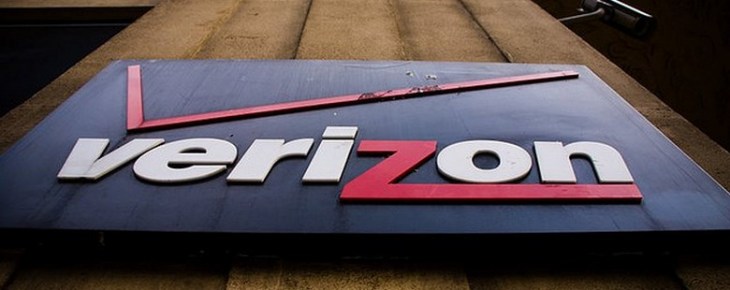It became known in June that the GCHQ, Britain’s NSA equivalent, was directly tapping into the fiber optic cables that carry Internet traffic around the world. However, at that time, what telecommunications companies take part in the program was not known. We now know.
As reported in the Guardian today, the German newspaper Süddeutsche published the list of companies that take part in the program known as ‘Tempora:’ BT, Vodafone, four small providers, and Verizon. Verizon stands out as a key ISP in the United States, and company that calls the United States home. To have it allow a foreign government to tap into its fiber cables feels slightly different than a domestic firm allowing the same from its home government.
Edward Snowden leaked the material that led to the uncovering of the participants of Tempora.
According to the leaks, Verizon’s secret name as part of the program was ‘Darcon.’ The article goes on to note that having the participating companies now exposed will lead to “dismay” at the GCHQ, as consumers may be not too pleased to learn that “their private data and intimate emails have been secretly passed to a government spy agency.”
The British really do have a knack for understatement.
When the GCHQ program first came to light, it was noted for its relative youth – less than two years – and the time that it holds information that it intercepts: 30 days. The NSA is generally thought to retain data for a far longer period.
Tempora exists alongside other GCHQ efforts that go by the names ‘Mastering the Internet’ and ‘Global Telecoms Exploitation.’ Not exactly names that are hard to grok. As a three, they appear to provide the GCHQ with essentially limitless access to the communications information of British citizens – if they desired to run the search, of course – with the Guardian noting in June that “recordings of phone calls, the content of email messages, entries on Facebook and the history of any internet user’s access to websites” are collected by the efforts.
And now the firms taking part in Tempora are publicly known. It’s now up to the citizens of Britain to stand up and say their piece. Either this sort of activity will be tolerated, or it will not be. The British and American governments are also said to have deep ties when it comes to surveillance, causing some to worry that the partnership is in fact too deep for comfort.
Placing the above into context, the NSA is widely reported to engage in the same sort of fiber cable tapping. The AP reported in June that “President George W. Bush secretly authorized the NSA to plug into the fiber optic cables that enter and leave the United States, knowing it would give the government unprecedented, warrantless access to Americans’ private conversations.” This particular cookie jar appears to have been too tempting for the GCHQ to avoid as well.
Top Image Credit: Eric Hauser
